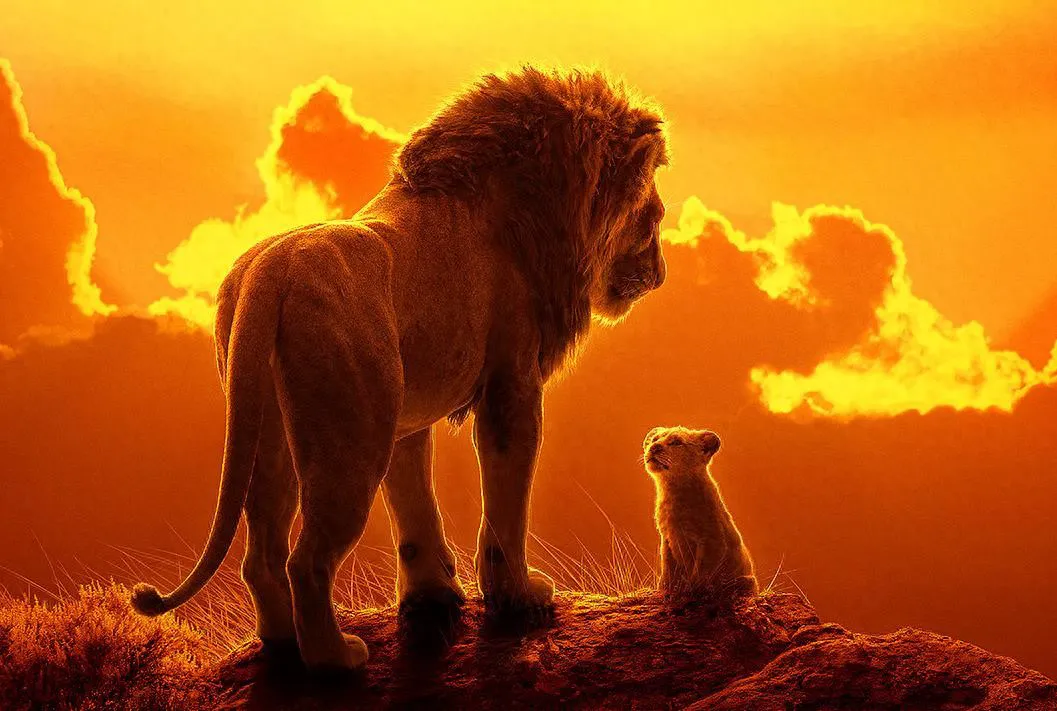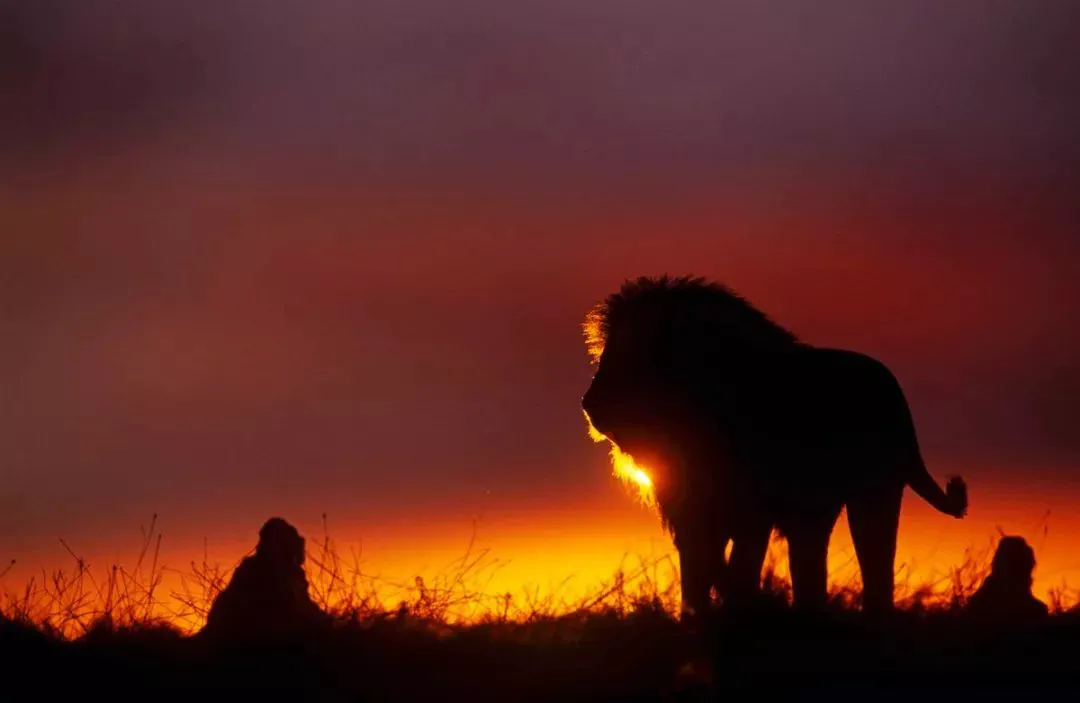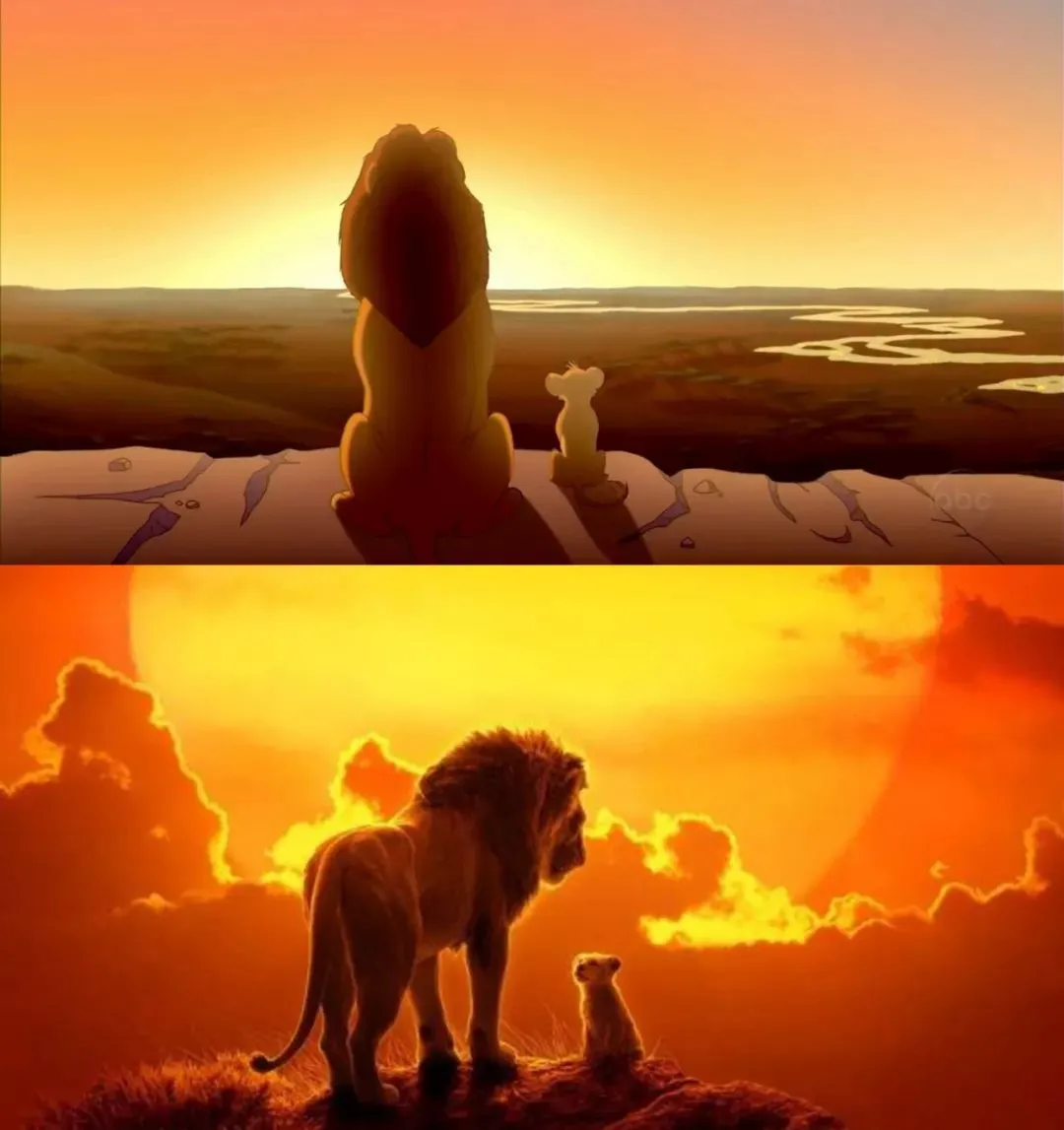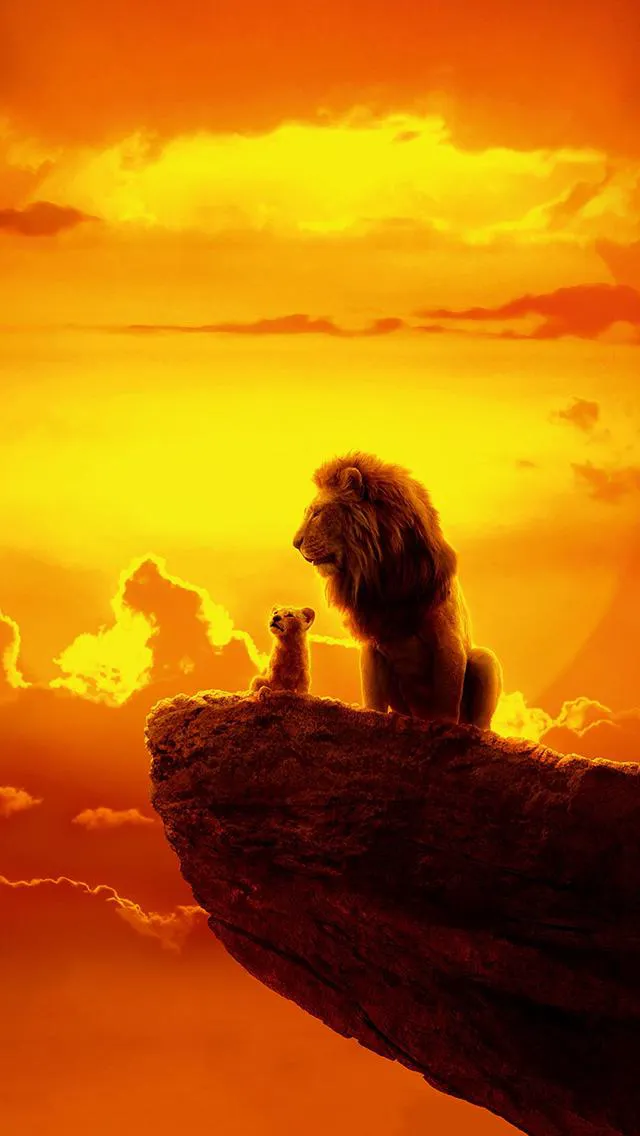
I used to rarely watch movies or TV shows, dismissing them as mere fabrications designed to entertain. I especially avoided animated films, viewing them as childish stories with talking animals, suitable only for children. Watching cartoons as an adult seemed like a frivolous pursuit. However, my perspective shifted when I stumbled upon “The Lion King.” Even just a few scenes challenged my preconceived notions. Art, in its accessible form, can be profoundly expressive, conveying deep ideas. Through its character development and intricate plot, the seemingly simple story of an animal kingdom unfolds as an epic of national rise and fall. The film’s grand, subtle, and humorous moments resonate deeply with the audience, captivating them beyond mere sensationalism. I later learned that this film, produced by Disney, achieved global success, garnering praise across diverse cultural backgrounds. While I harbor reservations about Disney and Hollywood, suspecting them as vehicles for American cultural expansion, films like “The Lion King” offer a glimpse into the potent cultural forces at play in North America. This cultural strength is rooted in a rich historical and humanistic foundation, which cannot be ignored based on prejudice alone.
The Lion King: A Tale of Virtue and Vice

The story begins with the end of the old Lion King’s reign. The old Lion King and his brother, Scar, represent opposing forces of good and evil, order and chaos, forming the central conflict of the savanna epic. The film emphasizes the virtues of an idealized leader in the Lion King: courage, responsibility, and love. These qualities sustain his subjects and drive the rise and fall of the kingdom. As the old Lion King falls, the young Lion King ultimately rises through these same virtues. From the outset, the film highlights the old Lion King’s deep sense of responsibility for the fate of the savanna. This profound commitment compels him to confront danger fearlessly, embodying a brave and resolute figure. The distinction between a warrior and a tyrant lies in the warrior’s love, particularly the fatherly love shown to the young Lion King, revealing the deep affection within the old Lion King. This love and courage earn the Lion King the adoration of his subjects and enable the kingdom to overcome adversity. While the young Lion King is the protagonist, the old Lion King is the soul of the savanna. This is underscored when the old Lion King’s spirit appears as a guiding force during the young Lion King’s journey to reclaim his kingdom. Interwoven with the main plot are themes of friendship, family, love, and loyalty between the leader and his people. These elements infuse the savanna with warmth and sincerity, showcasing the noble and pure aspects of humanity. It is this portrayal of human nature that transcends cultural boundaries and resonates with audiences. Throughout his quest, the young Lion King is never alone; virtue unites the savanna, empowering them to restore order and governance. When the young Lion King emerges from his despair with lion-like courage, the force for restoration is unleashed.
The Shadow of Scar: Greed and Treachery

Scar and his hyena pack represent the darker side of humanity: greed, cunning, and cruelty. Scar lacks any sense of responsibility, focused solely on taking. He is devoid of genuine emotion, driven by self-interest and manipulation. He never reflects on his actions, constantly calculating his advantages. He is both fierce and cowardly, cunning but not wise. Throughout his life, he exploits the tolerance and integrity of the two Lion Kings and the greed and brutality of the hyenas. This exploitation is evident in his final battles with both Lion Kings, leading to his temporary success and ultimate downfall. Always lurking in the shadows, Scar first uses the old Lion King’s courage and love to trap him. Later, he exploits the young Lion King’s guilt over his father’s death to undermine the Lion King’s forces. When the young Lion King hesitates to harm his uncle, Scar seizes the opportunity to strike. “A leader without virtue invites rebellion.” Although Scar gains power temporarily, he amasses widespread resentment, ultimately betrayed and killed by his own followers. This story, repeatedly played out throughout history, vividly portrays the treachery and power struggles within human society, captivating audiences across cultures.
The Enduring Power of Virtue
“The Lion King” offers a profound reflection on humanity, using animation to depict a human epic, “expressing ideas through objects.” The creators pursue beauty through art. In the end, the young Lion King, having weathered the storm, ascends the throne, roaring with the courage and nobility of his father, embracing the wise advisor who served both generations. Lao Tzu said, “The Tao gives them life; virtue fosters them; material things give them form; circumstances complete them. Therefore the ten thousand things all venerate the Tao and value virtue.” He also said, “Heaven and earth are ruthless, treating the myriad creatures as straw dogs; the sage is ruthless, treating the people as straw dogs.” The film emphasizes the Lion King’s noble virtues and promotes a philosophy of “governing by nature”: the savanna’s inhabitants thrive in the natural food chain, each fulfilling its role, and the revitalized savanna flourishes. When the young Lion King’s hesitant face is presented to the cheering subjects, the audience witnesses the savanna’s unity, courage, and enduring legacy. This scene is undoubtedly rooted in the small-state monarchies of Western history, where unity and closeness between the ruler and the people fostered strong cohesion. Whether in the East or West, the power of the human heart is the greatest force.

Through this savanna epic, we see that the idea of “honoring the Tao and valuing virtue” is consistent across Eastern and Western cultures. The Book of Documents states, “Cherish virtue,” and the Doctrine of the Mean points out that “wisdom, benevolence, and courage are the universal virtues,” as they are “principles universally recognized throughout history.” Montesquieu’s Considerations on the Causes of the Greatness of the Romans and their Decline also attributes Rome’s rise and fall to virtue and corruption. However, the Lion King embodies the chivalrous spirit of European knights, while his pure and fervent love aligns with the core Chinese concept of “benevolence.” The Chinese culture, advocating for unity, focuses not only on “governing a country” but also on “bringing peace to the world,” promoting not just knightly courage but also the expansive spirit of benevolence. The Analects state, “A scholar must be resolute and strong,” and “The benevolent are sure to be brave.” Reflecting on this savanna epic, I am reminded of Xunzi’s classic discussion in “Royal Rule and Hegemony”: “A state is a heavy responsibility; it cannot be established without accumulating virtue… Therefore, a state governed by a virtuous ruler will achieve royal rule, a state governed by an honest and trustworthy leader will achieve hegemony, and a state governed by a scheming and treacherous person will perish.” He also said, “In governing a state, one who gains the support of the people will be wealthy, one who gains the willingness of the people to die for him will be strong, and one who gains the praise of the people will be honored. A state that possesses all three will have the world flock to it, and a state that loses all three will have the world abandon it; the world flocking to it is called royal rule, and the world abandoning it is called ruin.” This implies that a nation’s foundation must be rooted in a deep historical and cultural heritage, and social cohesion requires noble “rites and righteousness.” Those who rely on “scheming and treachery,” like Scar, will not last. “Virtue is attainment,” the attainment of the people’s hearts, which are universally the same, and its opposite is “loss.” In the savanna epic, it is ultimately virtue, not temporary gain, that determines the people’s allegiance and the success of endeavors. The two Lion Kings’ natural way of governing allows the savanna to thrive continuously. The film is neither preachy nor simplistic, successfully portraying the Lion King’s nobility and virtue, making it easily accessible to audiences from diverse cultural backgrounds.
Is this film merely an animated tale of sheep, wolves, and other animals? Perhaps it is worth a watch; an old child has his own perspective.